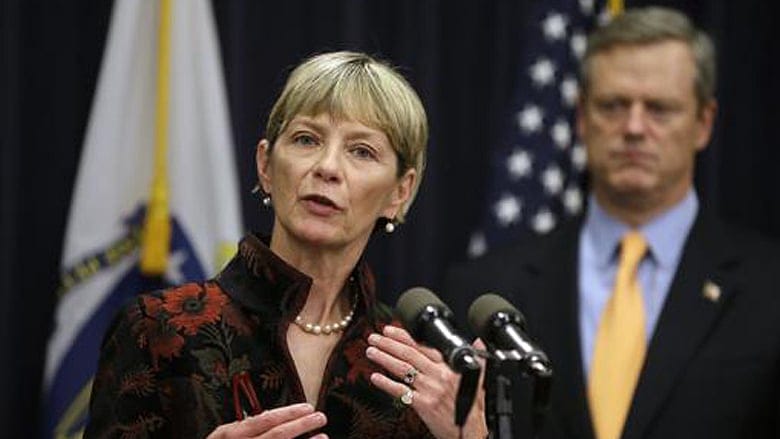Baker administration to ramp up addiction solutions

BOSTON – Despite efforts to curb opioid addiction and drug-related fatalities, Massachusetts officials say that the state's overdose death rate held steady during the first three months of 2016.
In 2014, Massachusetts ranked 13th among states for deaths by drug poisoning. And the state Public Health Department estimates more than 1,500 died from overdoses last year, almost triple the fatalities in 2010.

